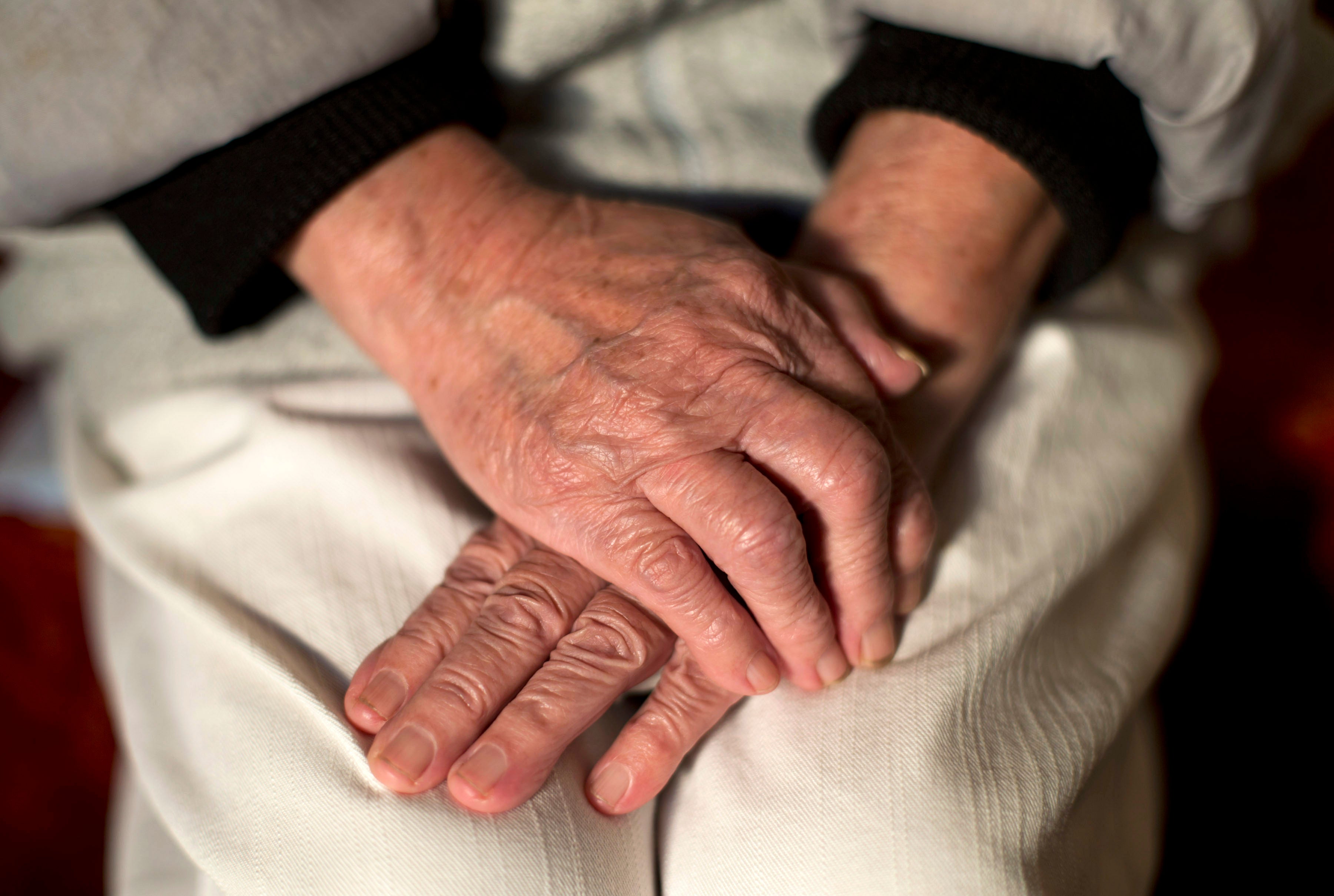‘Exhausted’ family and friends spent 92 million extra hours caring for dementia sufferers during lockdown
More than nine in ten say the increased caring hours have impacted their health

Friends and family members have spent an additional 92 million hours caring for loved ones with dementia since lockdown, an investigation by the Alzheimer’s Society shows, as the charity urges the government to “fix social care now”.
The toll on carers has been extreme: a striking 95 per cent surveyed said the increased hours spent caring have had a negative impact on their mental or physical health.
Nearly seven in 10 (69 per cent) reported feeling “constantly exhausted”, while 64 per cent experienced anxiety and 49 per cent suffered from depression. One in two had developed issues with their sleep.
Over lockdown, more than eight in 10 (83 per cent) of dementia sufferers saw their symptoms worsen due to being isolated and having their health and social care interrupted.
While this study sheds new light on the scale of the problem for both dementia patients and their carers, the coronavirus pandemic’s mental health impact has long been clear. In July, a survey found that one in three people with dementia "felt like giving up” due to the mental and physical effects of lockdown.
Many informal carers were forced to shoulder the burden of this increased workload alone over lockdown, due to the social care system being “chronically underfunded”, the charity said. Sadly, despite more than three in four (76 per cent) carers putting in the exhausting extra hours to support their loved ones, nearly half (45 per cent) said they felt their relative needed more support than they could provide.
As we face a second wave this winter, the report urges the government to prioritise social care and not repeat the mistakes of the first lockdown, which saw nearly 14,000 people with dementia die from Covid-19 between March and June.
Alzheimer’s Society says the government’s plan to stop the spread of the virus in care homes is inadequate, warning that the charity continues to hear of problems with testing. Furthermore, the government has not recognised family carers in the same manner as key workers, which it says could risk leaving dementia patients to suffer in “dangerous isolation”.
There has been sustained pressure on the government to recognise relatives of dementia patients living in care homes as key workers, with an alliance of charities telling the health secretary that the ban on all visitors caused “much suffering and a deterioration in mental and physical health” among residents with the condition. Designated informal carers should be given access to care homes and Covid-19 testing to ensure safe visiting, the One Dementia Voice collective urged in July.
Alzheimer’s Society chief executive Kate Lee said: “The tens of thousands of deaths of people with dementia – and the grieving families each one has left behind - must make us pause. I know if social care had been on an equal footing with the NHS we would not have seen deaths on such a scale."
Ms Lee urged the government to take responsibility, saying: “The government must never abandon families with dementia again. Lessons must be learnt to prevent any further tragedy this winter. Coronavirus has laid bare the dire state of social care for all to see – the lasting legacy from this crisis must be a universal social care system, free at the point of use, that provides quality care for every person with dementia who needs it.”
Join our commenting forum
Join thought-provoking conversations, follow other Independent readers and see their replies
Comments





Bookmark popover
Removed from bookmarks